Under the Microscope – Allison Sherier
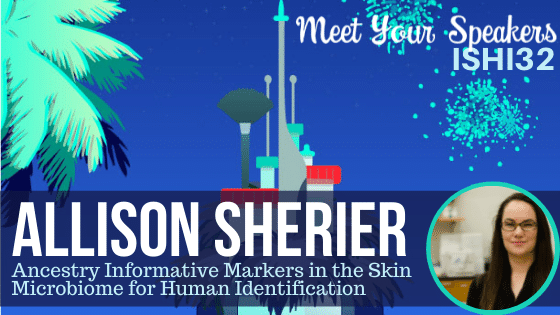
Over the past decade microbial forensics has shifted from solely biosecurity applications to include human identification (HID). Studies have shown that the human skin microbiome could potentially serve as an adjunct to traditional DNA evidence, especially when the human DNA is low quantity. Recently, a custom targeted panel for the human skin microbiome has been […]
Under the Microscope – Jianye Ge
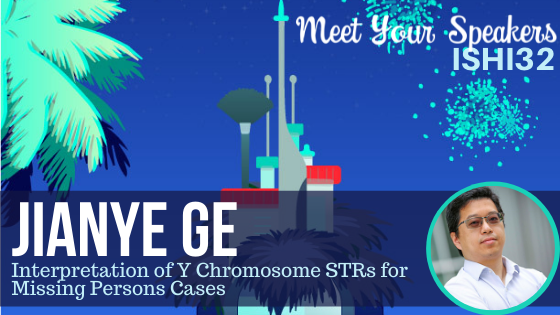
Y chromosome STR haplotypes have been used in assisting forensic investigations primarily for identification and male lineage determination. The Scientific Working Group on DNA Analysis Methods (SWGDAM) Lineage Marker Committee published interpretation guidelines for Y-STR typing, which provide helpful guidance. However, these guidelines do not address the issue of kinship analysis with Y-STR haplotypes. Because […]
Under the Microscope – Lies Janssens and Emily Simek
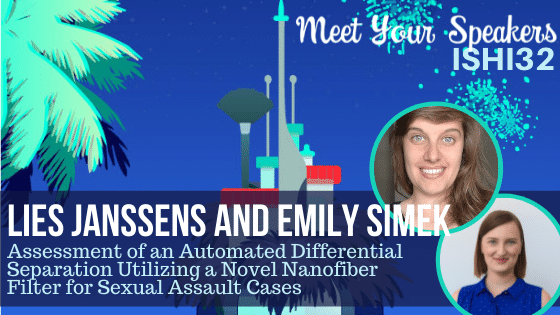
Automated and semi-automated sample processing has become more widespread with the implementation of various robotic platforms. A new robotic application for differential separation of sexual assault samples using a novel nanofiber filter was evaluated for a high-throughput laboratory system. At their presentation this year, Lies Janssens and Emily Simek will be presenting on a […]
Under the Microscope – Elena Zavala
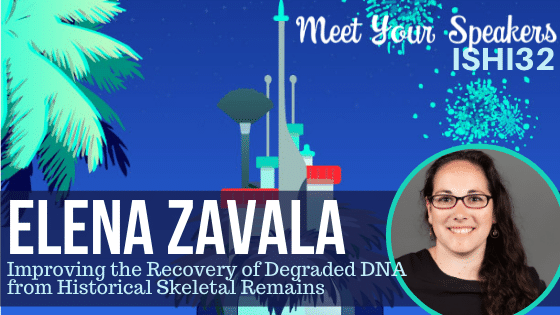
DNA analysis has become an essential component for resolving unidentified human remains, disaster victim identification, and cold cases. Due to the high copy number of mitochondrial DNA (mtDNA) molecules in each cell compared to nuclear DNA, mtDNA is often used in these cases to aid with identification when nuclear DNA recovery fails. The Armed Forces […]
Under the Microscope – Lawrence Wein
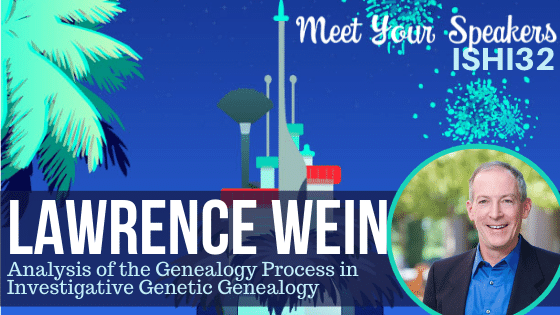
The genealogy process is typically the most time-consuming part of – and a limiting factor in the success of – investigative genetic genealogy. In his presentation at ISHI, Lawrence Wein will present a systematic approach to efficiently perform the genealogy portion of investigative genetic genealogy. He and his colleagues have formulated a two-stage mathematical model […]
The Foundling: Updates on Paul Fronczak’s Inspiring Story

Like most kids before Christmas, 10 year-old Paul Fronczak was eager to learn what presents would be waiting for him under the tree. As he ducked into the crawlspace, he discovered boxes that had been tucked away towards the back. His anticipation grew as he began to peer into the boxes, imagination wild with what […]
Forensic Genealogy and Missing Persons Cases
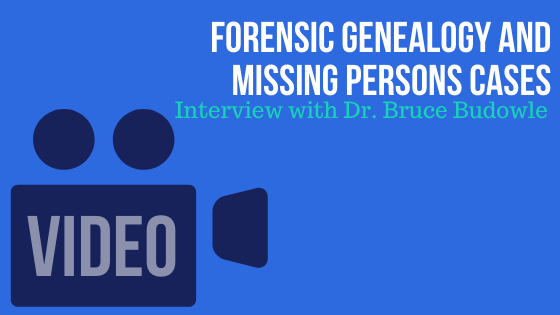
In this interview, we talk with Dr. Bruce Budowle, Director for the Center for Human Identification at the University of North Texas Health Science Center to learn more about the challenges that come with identifying missing persons cases and how forensic genetic genealogy is becoming a powerful tool to provide identities. Dr. Budowle began his […]
Identifying the Oldest Doe Using Forensic Genetic Genealogy: Henry Joseph Loveless
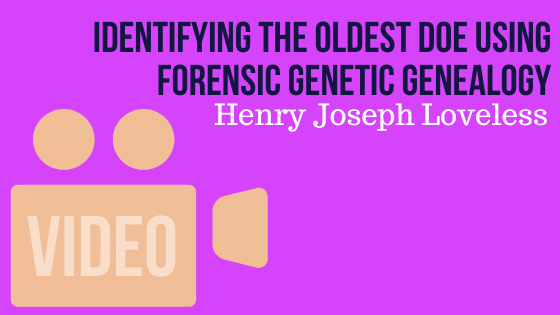
In the summer of 1979, a family was searching for artifacts in Buffalo Cave, a dark lava tube outside of the small and remote town of Dubois, Idaho. Approximately 200 feet from the opening of the cave, the family discovered a burlap sack containing a mummified, clothed, and dismembered headless torso. In early spring of […]
GITAD: 20 Years of Experience in Quality Testing

In his presentation during the GCLAITH meeting during ISHI 31, Prof. Dr. Juan Carlos Alvarez (Laboratorio de Identificación Genética – Universidad de Granada) discussed the 20 years of accumulated experience that the interlaboratory exercise carried out by the Ibero-American Group of Work in DNA Analysis (GITAD) in most of the Latin American countries, Spain, and […]

